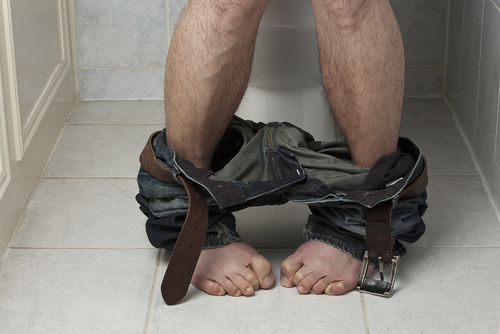Your bowels are made up of two parts — the large intestine, also called the colon, and the small intestine.
Short bowel syndrome usually affects people who’ve had a lot of their small intestine removed. Without this part, your body can’t get enough nutrients and water from the food you eat. This causes bowel troubles, like diarrhea, which can be dangerous if you go without treatment.
Over time, your body may adjust to having a shorter small intestine, and you may be able to take fewer medicines. The key is to stick to your treatment plan and get the support you need.


